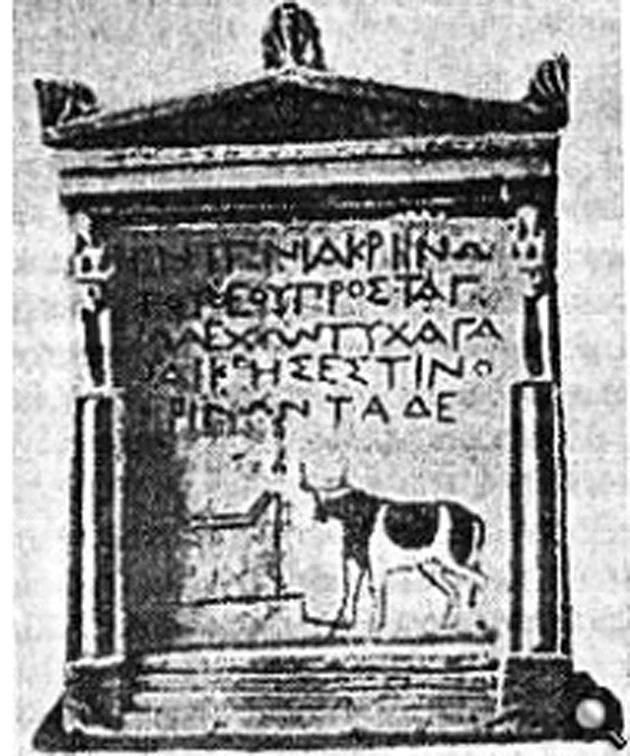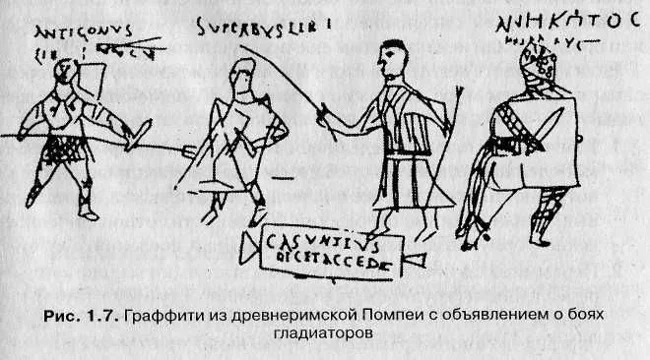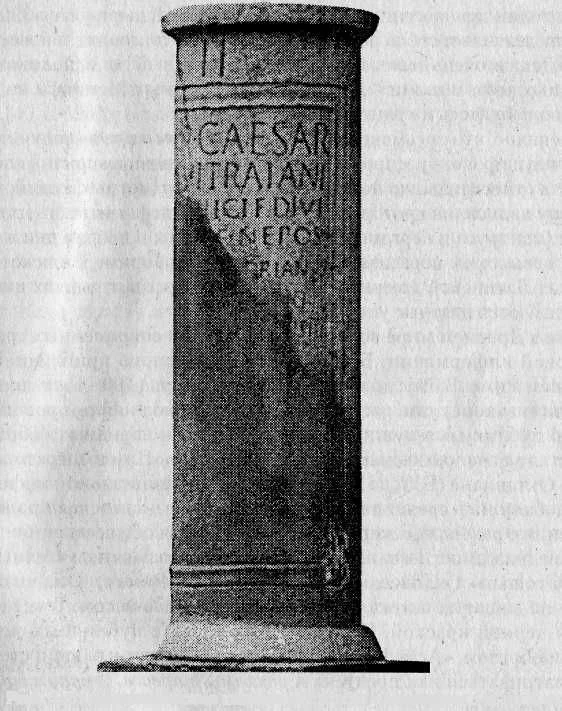History of the Sign. Antiquity (6 photos)
The word "advertisement" itself comes from the Latin verb, reclamare, which translates as "to shout out". From this we can assume that in ancient times, advertising was mainly oral - after all, only a few in those distant times knew how to read and write. 
And advertisements in those distant times were loud cries of street vendors or specially hired barkers. However, even in ancient times, the production of various signs was a mass and popular business.
It is known that in Ancient Rome and Ancient Greece, owners of shops, pubs and various workshops quite actively placed signs to attract customers and clients. 
At first, real goods were placed above the entrance, replacing the sign, but over time they were replaced by symbolic sign designations - something like modern pictograms. Thus, at the entrance to a dairy shop, a buyer was met by a convex image of a goat, and at the door of a bakery - a mill. The sign often included not only an image, but also text. Moreover, the text of an ancient sign was not always limited to the name of the establishment and its type of activity: there were extensive advertising texts, slogans, and sometimes even poems. 
As for the technologies for creating signs in the ancient era, they were distinguished by their diversity. The source material for them, as a rule, was either marble or terracotta (baked clay). The method of creating a bas-relief depended on the material: various images and texts were carved on marble, blanks were molded from clay and baked in a kiln. 
Examples of ancient outdoor advertising can be the perfectly preserved stone, metal and wooden pillars of various sizes that were installed on the roads of the vast Roman Empire. Advertisements for the purchase and sale of various goods and even slaves were carved or knocked out on these pillars. 
In Ancient Rome itself, special walls – albums – were intended for placing advertisements. These white-painted walls were intended exclusively for the placement of commercial information, while writing advertisements on the walls of ordinary houses was strictly prohibited and punished accordingly. 
Already two thousand years ago, the state was concerned with the issue of sanctioned advertising placement.






















